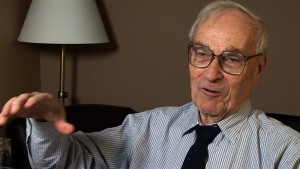The Cornucopian Myth: William Catton (#107 Encore)
The age of growth and the age in which growth is going to be considered a good thing is coming to an end.”
The late sociologist William R. Catton was certain of this, but spent a significant portion of his professional life attempting to understand why mainstream society was reluctant to prove his point.
Catton authored the landmark book, Overshoot: The Ecological Basis of Revolutionary Change, published in 1980. He brought important sociological perspective to a subject dominated by biologists and physicists (not to mention economists). He observed that our lives are built around an obsolete cultural belief system, a “cornucopian myth,” developed when the size of human civilization had not yet outgrown the carrying capacity of the planet. This book continues to be a classic, and this conversation recorded in 2009 is one of our best episodes.
If you think Conversation Earth has real value and needs to continue, please cast your vote for another season, by pitching in at our Tap the Brightest Minds on Earth campaign. Thank you.
According to scientists at the Global Footprint Network, human civilization surpassed a sustainable scale (a combination of population and consumption) in the 1970s. Catton observed a lag between that reality and the dominant worldview that affects our rate of consumption – of both renewable and nonrenewable resources.
 You might be tempted to think William R. Catton was “doom and gloom.” While doom was certainly the path Catton warned us about, there was another path he felt would be much more rewarding. He told me, “It’s going to be a change, an end of this world and a movement into that world. But the world we move into might have some rewards that we’ll be happy to have.”
You might be tempted to think William R. Catton was “doom and gloom.” While doom was certainly the path Catton warned us about, there was another path he felt would be much more rewarding. He told me, “It’s going to be a change, an end of this world and a movement into that world. But the world we move into might have some rewards that we’ll be happy to have.”
Bill Catton passed away on January 5, 2015. His passing was not mentioned in national news, but a number of very smart people took note and paid tribute:
“William Catton’s Overshoot is one of the most important books I’ve ever read, and Bill was one of my greatest teachers.”
— Dave Foreman, co-founder of Wildlands Project, Rewilding Institute, Wild Earth magazine, and Earth First!
“As well as being a brilliant and articulate advocate for sanity in a culture gone completely insane, Catton was a good and gentle person.”
—Derrick Jensen, author of Endgame: The Problem of Civilization
“William Catton was prescient enough to see what was coming from a long way off, and responsible enough to spend his life warning us. Peace on his soul, and heaven help our own.”
— Alan Weisman, author of Countdown: Our Last, Best Hope for a Future on Earth?
“He knew, and could explain with great clarity, why industrialism would bring about its own downfall, and what could be done to salvage something from its wreck. That knowledge, however, was not enough to make things happen; only a few people ever listened, most of them promptly plugged their ears and started chanting ‘La, la, la, I can’t hear you….”
– John Michael Greer, Author of The Long Descent
At the time of my conversation with Bill Catton, he had just published his third book, Bottleneck: Humanity’s Impending Impasse. Here are three noteworthy tributes you will find interesting:
William R. Catton, Jr. A Tribute by Family Members
Thanks, Bill by Richard Heinberg
Be sure to subscribe! You can find us at iTunes, Google Play, SoundCloud, Stitcher, TuneIn, PlayerFM, RadioPublic, or sign up to get an email every week with the newest episode. If you like what you hear, please support this project with a tax-deductible donation. Your comments are invited below. Is cornucopia a myth, or are we far from hitting limits to the size of human enterprise Earth can support? What do you think?


